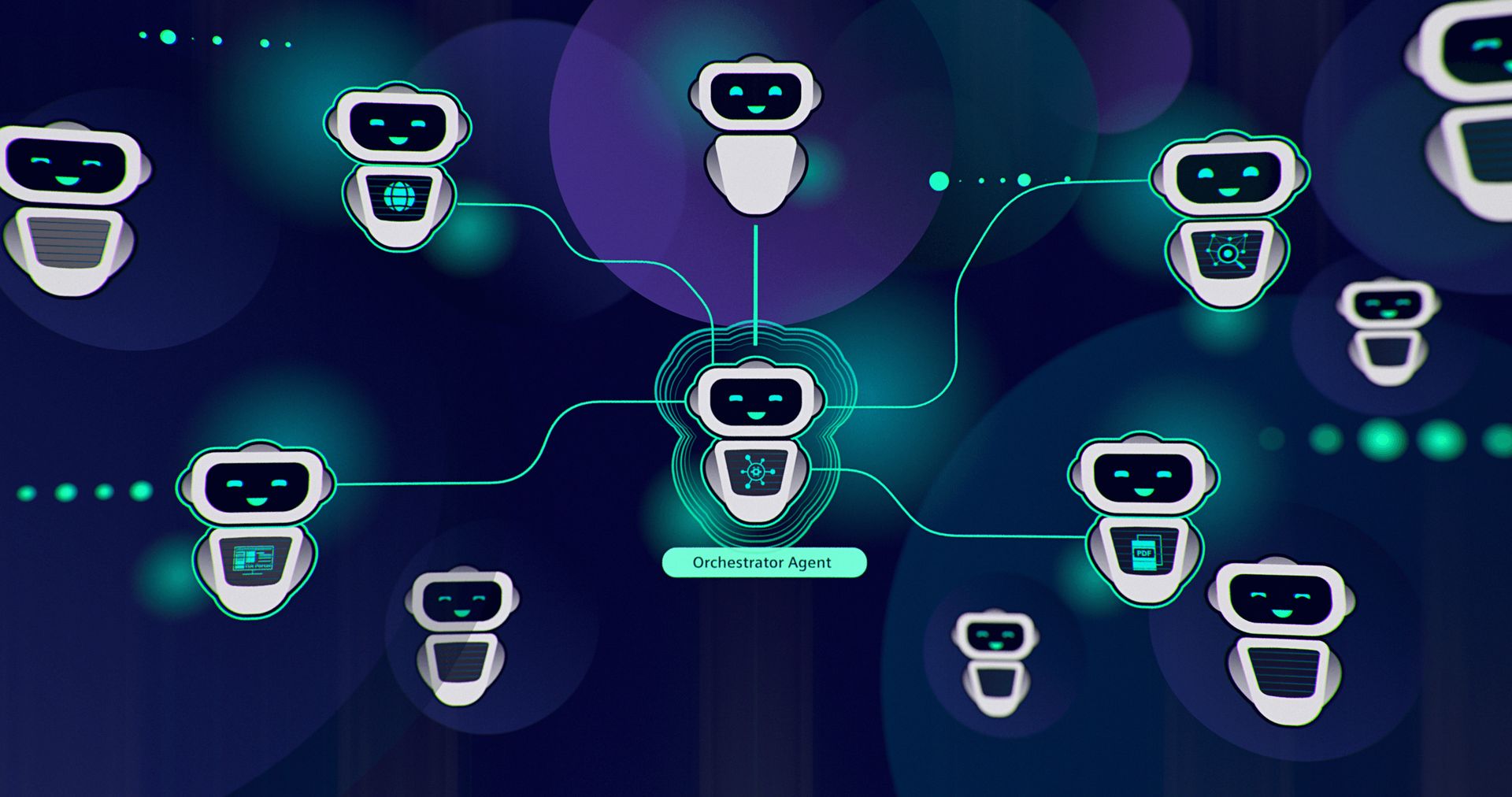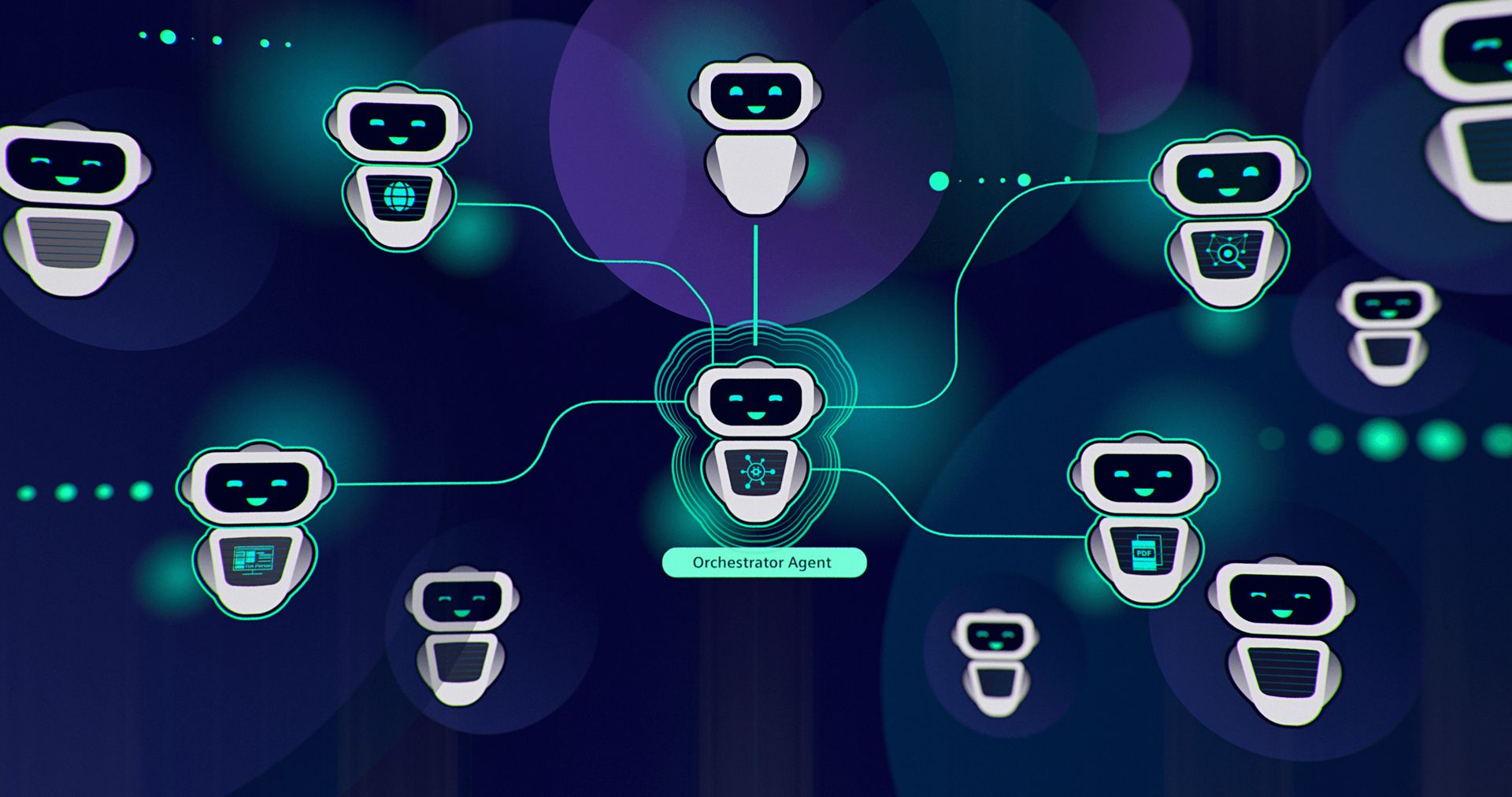- Product Upfront AI
- Posts
- 🤖 I was wrong about AI agents (embarrassingly wrong)
🤖 I was wrong about AI agents (embarrassingly wrong)
Thought they were science fiction until I saw college kids making thousands building them. Today I'm sharing everything I discovered..

That was my exact reaction scrolling TikTok last Tuesday at 11 PM.
A 19-year-old from Ohio casually shows off his "homework AI agent" that researches topics, writes outlines, finds sources, and even formats citations.
In under 5 minutes.
My first thought? "This has to be fake."
My second thought? "Holy crap, what if it's not?"
So I went down the rabbit hole. And what I found changed everything I thought I knew about AI.
Turns out, there's this whole underground community of people building "AI agents" - basically digital assistants that actually DO stuff instead of just chatting.
We're talking about:
Research agents that read 50 articles and write summaries
Social media agents who create content for entire weeks
Business agents who handle customer emails automatically
And the craziest part is you don't need to know how to code.
Today, I'm breaking down exactly what these things are, why everyone's obsessed, and how you can build your own in about 30 minutes.
Fair warning: By the end of this, you might question why you're doing anything manually.
🧠 What the Hell is an AI Agent Anyway?
Okay, let's start simple because I was confused as hell about this too.
You know ChatGPT, right? You type something, it responds. That's it. It's like texting a really smart friend.

An AI agent is like ChatGPT with hands.
Instead of just giving you answers, it can:
Actually open websites and read them
Send emails for you
Update your calendar
Write documents and save them
Research topics across multiple sources
Post on social media
Even order stuff online
Think of it this way:
Regular AI (ChatGPT): "Hey, write me an email to my professor about extending my deadline." Gives you text to copy/paste
AI Agent: "Hey, write and send an email to my professor about extending my deadline." Actually opens your email, writes it, and hits send
See the difference? One gives you fish, the other goes fishing.
P.S. - That Ohio kid's homework agent? It literally reads research papers, takes notes, writes drafts, and organises everything in Google Docs. While he sleeps.
The AI agents market exploded from $5.1 billion in 2024 to a projected $236 billion by 2034.

That's not a typo. We're watching the fastest technology adoption in human history.
Microsoft Copilot hit 33 million users.
Over 60% of Fortune 500 companies are already using it.
Early adopters report 10-15% productivity increases and 19% less burnout.
Your competition isn't waiting. McKinsey data shows organisations using AI average 3.7x return on every dollar invested.
The window for "early adopter advantage" is closing fast, but you can still catch up.
To make AI agents work well, you always keep things simple.
Want to see some real examples of how this works?
🛠️ The Two Tools That Make This Possible
Building agents used to require a computer science degree and months of coding.
Now these two tools changed everything:
Remember those flowcharts you made in school?
n8n is like that, but for AI.
You drag and drop boxes:
"When a new email arrives"
"Send to AI for analysis"
"If urgent, send to Slack"
"If not urgent, save to folder"
No coding. Just connect the dots.
Tool #2: MCP (The Smart Connector)
This is the secret sauce that makes agents actually work with your apps.
Before MCP, telling an AI "check my calendar" was like asking your dog to do taxes. It had no clue how.
MCP gives AI detailed instructions for every app: "Here's exactly how to read calendars, send emails, update spreadsheets..."
Together, these tools let you build agents that actually work in the real world.
P.S. - I'll show you exactly how to use both in a minute.
🎯 The Three Types of Agents Everyone's Building
After studying dozens of examples, I found three patterns:
Type 1: Personal Assistant Agents
What they do: Handle your boring daily tasks
Examples: Email sorting, calendar management, social media posting
Build time: 2-4 hours Value: Saves 5-15 hours per week
Type 2: Business Process Agents
What they do: Automate specific business workflows
Examples: Customer service, inventory management, lead qualification
Build time: 1-2 weeks Value: $2K-$10K monthly savings
Type 3: Research & Content Agents
What they do: Gather information and create content
Examples: Market research, blog writing, social media content
Build time: 3-5 hours Value: Replaces hiring freelancers
The best part is
You can start with Type 1 and work your way up.
🛠️ The Foundation: What You Actually Need to Get Started
Here's what nobody tells beginners - you need exactly 4 things to build AI agents that actually work:
Thing 1: An AI "Brain" (The Smart Part)
This is what makes decisions and understanding what you want.
Your options:
ChatGPT (OpenAI) - Best for conversations and writing
Claude (Anthropic) - Best for analysis and coding
Gemini (Google) - Good all-around option
Cost: $10-20/month for enough usage
Setup time: 10 minutes to get an API key (basically a password)
Thing 2: A Visual Builder (The Easy Part)
This is where you design your agent without coding.
Best option for beginners: n8n
n8n isn't just another automation tool. It's specifically designed for AI agents.
The secret is their AI Agent node. An AI agent is an autonomous system that receives data, makes rational decisions, and acts within its environment to achieve specific goals.
Unlike traditional automations that follow rigid sequences, the AI agent doesn't just run through steps like a regular automation.
It bounces back and forth between different tools and its own reasoning until it figures out how to accomplish what you asked.
This changes everything.
You give it a goal. It figures out the steps. It uses whatever tools are necessary. It handles errors and adapts.
Like having a really smart intern who never gets tired.
The platform connects with 400+ services. Google Workspace. Salesforce. Slack. Notion. If it has an API, n8n speaks to it.
Cost: Free to start, $20/month for cloud version
Setup time: 30 minutes to create an account and learn the basics
Thing 3: App Connections (The Useful Part)
This is how your agent actually does stuff in the real world.
Examples you'll probably use:
Gmail (for email)
Google Calendar (for scheduling)
Slack/Discord (for notifications)
Google Sheets (for data storage)
Twitter/LinkedIn (for social media)
Cost: Most are free with your existing accounts
Setup time: 5-10 minutes per app to connect
Thing 4: MCP Servers (The Magic Part)
This is the secret sauce that makes agents actually smart about using your apps.
Think of MCP as detailed instruction manuals.
Before MCP, telling an AI "check my calendar" was like asking a tourist to navigate your hometown without a map.
What MCP does: Gives AI step-by-step instructions for every app
"Here's exactly how to read emails in Gmail"
"This is how you create calendar events"
"Here's the right way to post on Twitter"
Cost: Mostly free (open source)
Setup time: 15-30 minutes per connection
P.S. - Don't worry if this sounds complicated. I'll walk you through setting up each piece step-by-step in next week's newsletter.
🎓 Your Week 1 Game Plan (Before Building Anything)
Don't jump straight into building. Spend one week understanding what you actually want to automate:
Monday-Tuesday: Audit Your Boring Tasks
Keep a simple log for two days:
What repetitive tasks do you do?
How long does each take?
How often do you do them?
Which ones annoy you the most?
Wednesday-Thursday: Research Existing Solutions
Visit n8n.io and browse their template library
Watch 2-3 beginner YouTube tutorials
Join the n8n Discord server and lurk
Check out MCP server examples
Friday: Pick Your First Target
Choose ONE task that:
You do at least 3 times per week
Takes 10+ minutes each time
Has clear, simple steps
Doesn't involve money or critical business functions
Good examples:
Saving interesting articles to read later
Posting blog updates to social media
Creating weekly summaries from your calendar
Organising files into folders
Bad examples:
Processing customer payments
Sending important business emails
Anything involving legal or medical decisions
Weekend: Set Up Your Foundation
Create n8n account (cloud version for simplicity)
Get API keys for ChatGPT or Claude
Connect one simple app (like Gmail or Google Calendar)
Don't build anything yet - just get familiar with the interface
P.S. - I know this seems slow, but foundation work prevents 90% of beginner frustrations.
Before You Go
I want you to reply to this newsletter
Will you build your first agent this week, or will you still be thinking about it next year?
If you found this newsletter helpful, don’t forget to share it with your friends
New to AI but curious about what's possible?
Subscribe here for weekly tutorials that actually make sense.
No jargon, no hype, just step-by-step guides you can follow.

Reply